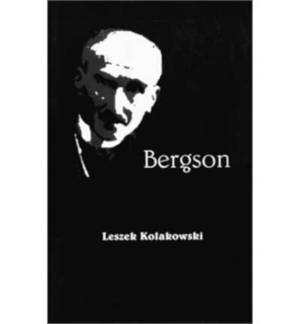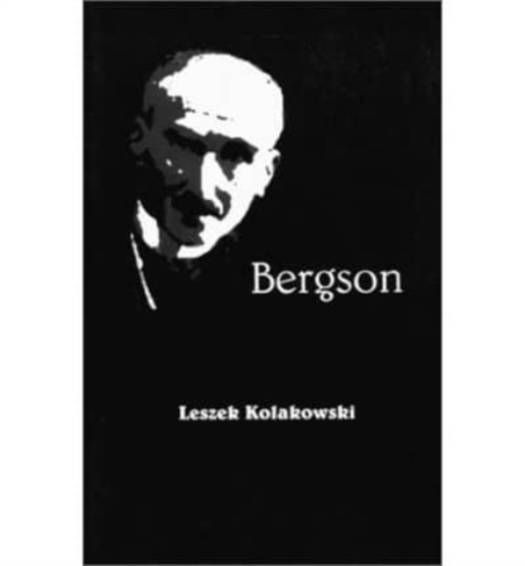
- Afhalen na 1 uur in een winkel met voorraad
- Gratis thuislevering in België vanaf € 30
- Ruim aanbod met 7 miljoen producten
- Afhalen na 1 uur in een winkel met voorraad
- Gratis thuislevering in België vanaf € 30
- Ruim aanbod met 7 miljoen producten
Zoeken
Omschrijving
Kolakowski shows how Henri Bergson sought to reconcile Darwin's theory with his own beliefs about the nature of the universe. Bergson believed that time could be thought of in two different ways: as an abstract measuring device used for practical purposes, or as duree, the "real" time we actually experience. He also held that all matter is propelled by an internal elan vital, or life-drive, and that the life of the universe is constantly creative and unpredictable. On the basis of these ideas he constructed a system of thought that embraced his views on memory, matter, consciousness, movement, religious morality, and the nature of laughter. His pantheistic and dynamic vision of the universe, which emerged at a time of crisis in Western intellectual life, was symptomatic of the struggle between a rigid scientific determinism and the Christian tradition of a divine creation.
Specificaties
Betrokkenen
- Auteur(s):
- Uitgeverij:
Inhoud
- Aantal bladzijden:
- 125
- Taal:
- Engels
Eigenschappen
- Productcode (EAN):
- 9781890318116
- Verschijningsdatum:
- 10/02/2001
- Uitvoering:
- Paperback
- Formaat:
- Trade paperback (VS)
- Afmetingen:
- 137 mm x 213 mm
- Gewicht:
- 181 g

Alleen bij Standaard Boekhandel
+ 27 punten op je klantenkaart van Standaard Boekhandel
Beoordelingen
We publiceren alleen reviews die voldoen aan de voorwaarden voor reviews. Bekijk onze voorwaarden voor reviews.








